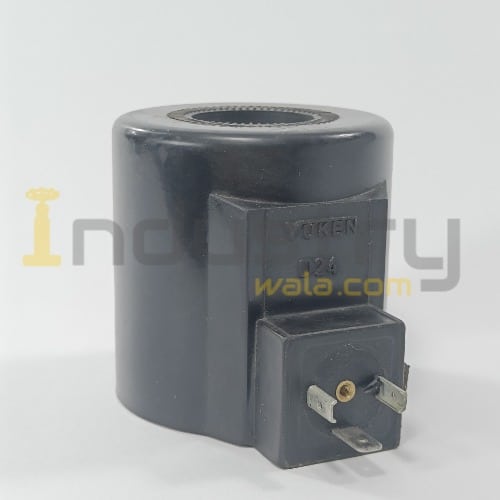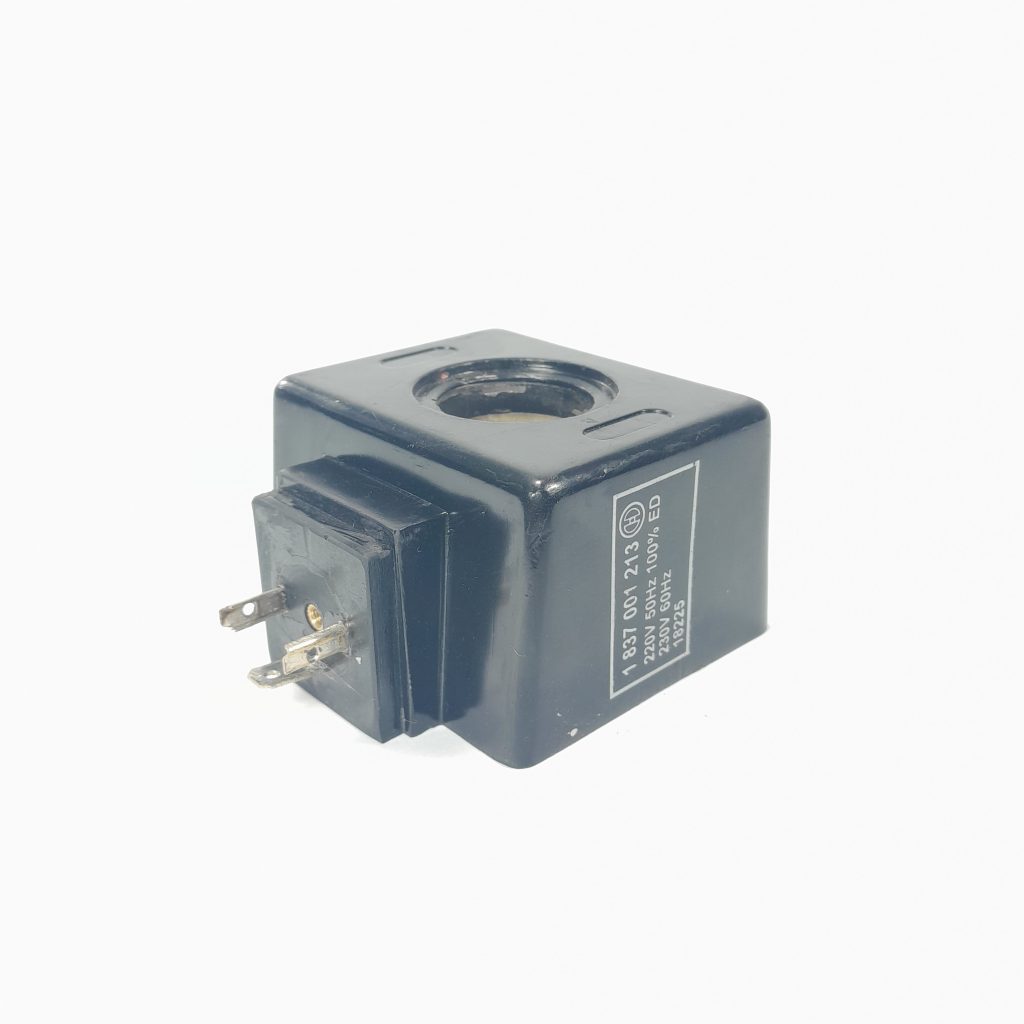Spare Coil: Importance, Uses & Maintenance Tips 18
Introduction
In the world of HVAC systems, industrial equipment, and various mechanical applications, a spare coil serves as a critical backup component that can save businesses significant downtime and repair costs. Understanding spare coil uses and proper maintenance practices ensures your systems run efficiently and reliably. This comprehensive guide explores everything you need to know about spare coils, from their importance to best maintenance practices.
What is a Spare Coil?
A spare coil is a replacement component used in various systems including HVAC units, refrigeration equipment, electrical transformers, and industrial machinery. These coils are essential for heat exchange, electromagnetic functions, or cooling processes. Having a spare coil on hand means you’re prepared for unexpected failures, seasonal maintenance, or emergency repairs.
The Importance of Having a Spare Coil
1. Minimizing Downtime
When a primary coil fails, having a spare coil available allows for immediate replacement, drastically reducing system downtime. In commercial and industrial settings, every hour of downtime can translate to thousands of dollars in lost revenue.
2. Cost-Effective Solution
Ordering a spare coil in advance is typically more economical than emergency purchases. Rush orders often come with premium pricing and expedited shipping costs that can significantly inflate your maintenance budget.
3. Seasonal Preparedness
HVAC systems experience peak demand during extreme weather conditions. Having a spare coil ensures you’re prepared during these critical times when repair services are in high demand and replacement parts may be scarce.
4. Extended Equipment Life
Regular coil rotation and having a spare coil for maintenance periods allows thorough cleaning and inspection of your primary coil, ultimately extending the overall lifespan of your equipment.
Common Spare Coil Uses
Understanding spare coil uses helps you appreciate their versatility across various applications:
HVAC Systems
One of the most common spare coil uses is in heating, ventilation, and air conditioning systems. Both evaporator and condenser coils can fail due to corrosion, leaks, or physical damage. A spare ensures climate control continuity in residential, commercial, and industrial buildings.
Refrigeration Equipment
Commercial refrigeration units in restaurants, supermarkets, and cold storage facilities rely heavily on coils. Spare coil uses in refrigeration prevent food spoilage and maintain product integrity during unexpected coil failures.
Industrial Machinery
Manufacturing equipment often uses induction coils, heating coils, and cooling coils. Having a spare coil prevents production line shutdowns and maintains operational efficiency.
Electrical Transformers
Transformer coils are critical for power distribution. Spare coil uses in electrical systems ensure uninterrupted power supply and prevent costly electrical failures.
Automotive Applications
Ignition coils and other electromagnetic components in vehicles benefit from having spares available, particularly in fleet management scenarios.
Types of Spare Coils
Evaporator Coils
These coils absorb heat from indoor air in air conditioning systems. A spare coil of this type is essential for maintaining cooling capacity.
Condenser Coils
Located in the outdoor unit, condenser coils release heat absorbed from indoor spaces. These are particularly susceptible to environmental damage, making a spare coil crucial.
Heating Coils
Used in furnaces and heat pumps, these coils distribute warmth throughout spaces. Spare coil uses include backup heating during cold seasons.
Chilled Water Coils
Common in large commercial buildings, these coils require proper backups to maintain temperature control in extensive HVAC systems.
Maintenance Tips for Your Spare Coil
Proper maintenance of your spare coil ensures it’s ready for immediate use when needed:
1. Proper Storage Conditions
- Store your spare coil in a clean, dry environment
- Maintain temperature-controlled storage to prevent corrosion
- Keep coils elevated off the ground to avoid moisture contact
- Use protective covers to prevent dust accumulation and physical damage
2. Regular Inspection
- Inspect your spare coil quarterly for signs of corrosion or damage
- Check all connections, fittings, and mounting brackets
- Verify that protective coatings remain intact
- Document inspection findings for maintenance records
3. Corrosion Prevention
- Apply anti-corrosion spray or coating as recommended by manufacturers
- Ensure storage area has proper ventilation
- Use desiccants in humid environments
- Keep coils sealed in original packaging when possible
4. Labeling and Documentation
- Clearly label your spare coil with specifications and compatibility information
- Maintain documentation including purchase date, warranty information, and installation instructions
- Record model numbers and system compatibility details
- Keep manufacturer contact information readily accessible
5. Rotation Strategy
- Consider rotating between primary and spare coil units during scheduled maintenance
- This practice ensures both coils remain functional and allows thorough inspection
- Rotation maximizes the useful life of both coils
6. Professional Assessment
- Have HVAC or equipment professionals inspect your spare coil annually
- Ensure the spare meets current system specifications
- Verify that installation hardware and accessories are complete
Signs You Need to Use Your Spare Coil
Recognizing when to deploy your spare coil prevents further system damage:
- Visible Leaks: Refrigerant or water leaking from the coil assembly
- Reduced Efficiency: System working harder but producing less cooling or heating
- Unusual Noises: Hissing or bubbling sounds indicating coil damage
- Ice Formation: Excessive ice buildup on evaporator coils
- Corrosion or Rust: Visible deterioration of coil surfaces
- Age: Coils older than 15-20 years may need replacement
Selecting the Right Spare Coil
When purchasing a spare coil, consider:
Compatibility
Ensure your spare coil matches your system’s exact specifications including size, capacity, and refrigerant type.
Quality Standards
Invest in high-quality coils from reputable manufacturers. While cheaper options exist, quality affects longevity and performance.
Warranty Coverage
Choose a spare coil with comprehensive warranty protection covering defects and premature failure.
Energy Efficiency
Modern coils offer improved energy efficiency ratings. Consider upgrading to higher-efficiency models when purchasing spares.
Professional Consultation
Work with qualified HVAC technicians or equipment specialists to identify the correct spare coil for your specific system.
Installation Best Practices
When the time comes to install your spare coil:
- Always hire certified professionals for installation
- Follow manufacturer installation guidelines precisely
- Test the system thoroughly after installation
- Update maintenance records with new coil information
- Properly dispose of the old coil according to environmental regulations
Cost Considerations
Understanding the economics of maintaining a spare coil inventory:
Initial Investment
While purchasing a spare coil represents an upfront cost, it’s significantly less than emergency repairs and downtime expenses.
Long-Term Savings
The various spare coil uses across your facility can justify maintaining multiple spares, especially in mission-critical applications.
Bulk Purchasing
For facilities with multiple identical systems, buying spare coils in bulk can reduce per-unit costs.
Environmental Considerations
Modern spare coil management includes environmental responsibility:
- Choose coils compatible with eco-friendly refrigerants
- Properly recycle old coils
- Consider coils with longer lifespans to reduce waste
- Ensure proper refrigerant recovery during replacements
Conclusion
A spare coil is more than just a backup component—it’s an insurance policy against costly downtime, emergency repairs, and system failures. Understanding spare coil uses across various applications helps you appreciate their value in maintaining operational continuity. By following proper maintenance tips, storing coils correctly, and implementing a strategic replacement plan, you ensure your systems remain reliable and efficient year-round.
Investing in quality spare coils and maintaining them properly demonstrates proactive facility management that pays dividends through reduced downtime, lower emergency repair costs, and extended equipment life. Whether you’re managing a commercial HVAC system, industrial refrigeration equipment, or manufacturing machinery, having the right spare coil ready when you need it makes all the difference.



https://shorturl.fm/9hZ6L
https://shorturl.fm/x9pT8
https://shorturl.fm/LCVzy
https://shorturl.fm/Wgyms
https://shorturl.fm/MrVyo
https://shorturl.fm/0GHKa
https://shorturl.fm/b0fMO
https://shorturl.fm/YSZIh
https://shorturl.fm/lg6Ul
https://shorturl.fm/4LjAo
https://shorturl.fm/WhdjD
https://shorturl.fm/4OEjX
https://shorturl.fm/N4F0B
https://shorturl.fm/9fj2n
https://shorturl.fm/Bdpe4
https://shorturl.fm/LLyNC
https://shorturl.fm/4tRZX
https://shorturl.fm/TQBk8